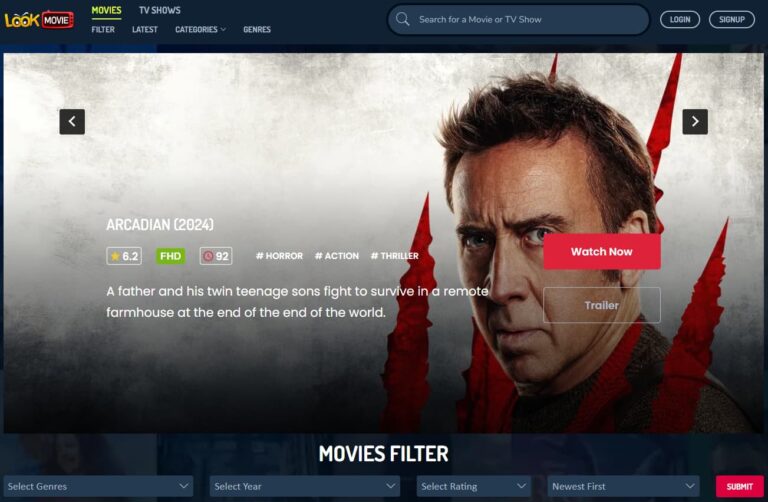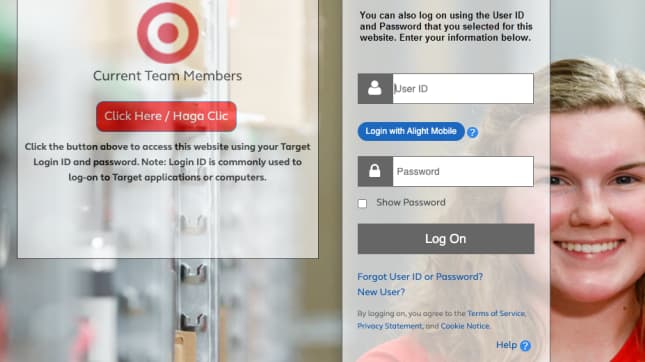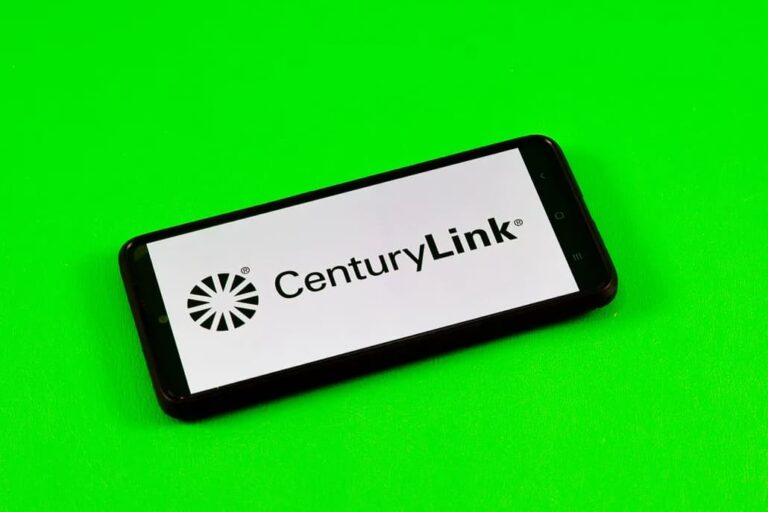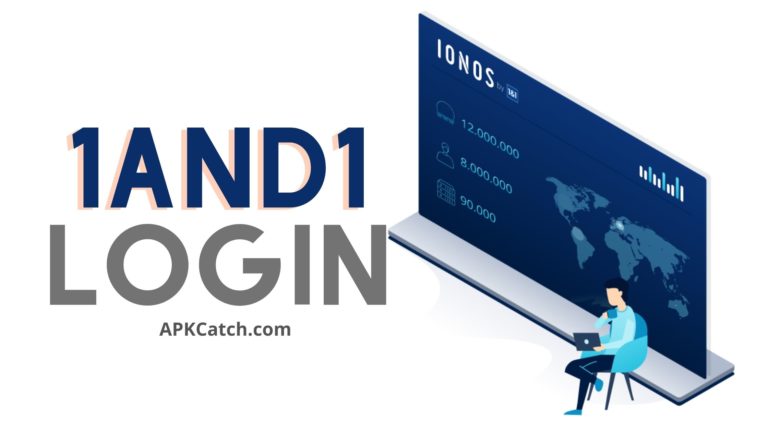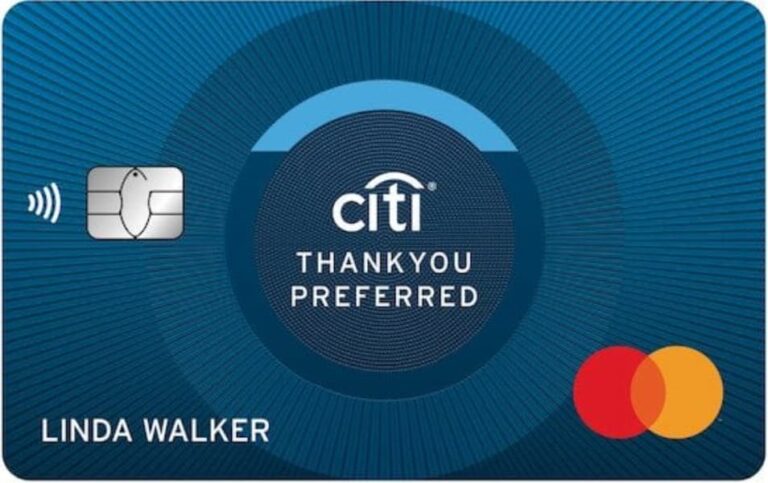How to Choose Best Internet Connections – For a first-time Internet shopper who doesn’t know much about technology, it’s a little overwhelming to decide what you need.
There is always this pressure ‘What if” the ISP or plan I end up buying isn’t good for me? If that’s you and you decided to surf the internet to find answers but landed on types of internet connections” instead, I am sure you’re confused to choose Best Internet Connections.
Yes, the internet comes in types, and have got to know which type you want before putting yourself out there.
How to Choose Best Internet Connections?
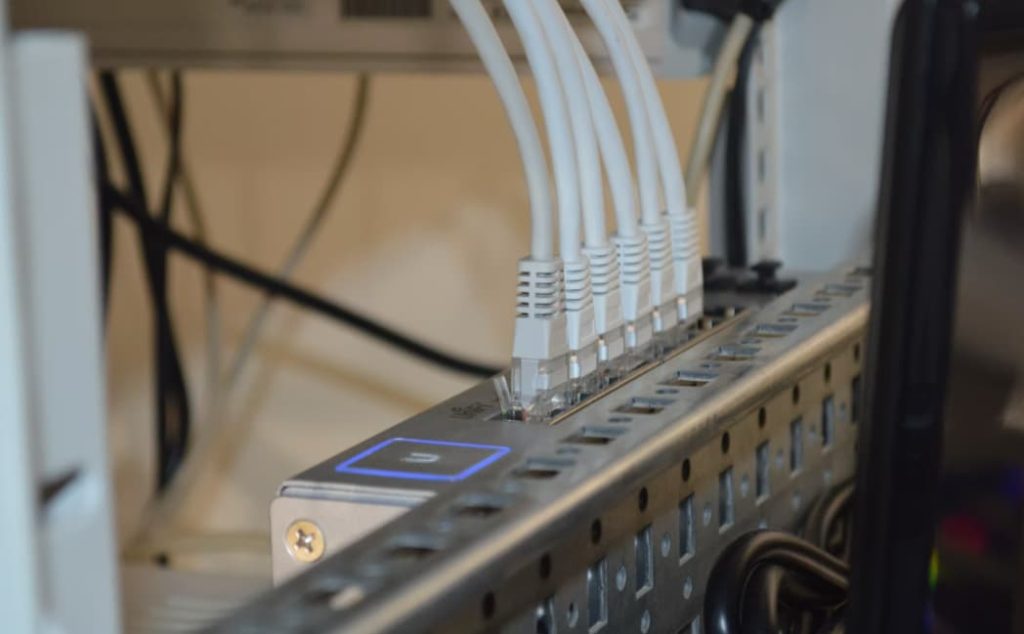
Don’t panic and don’t simply type in “Spectrum 1800 number” to call them up merely because it was a friend’s recommendation.
You must do your research first. You must first understand the options you have. it makes it easier to decide.
Best Types of Internet Connections:
Speaking of options, customers can connect to an ISP’s network through a variety of technologies. The following are the most common types of internet connections:
Fiber Optic Internet
Fiber optic is the type of internet that uses Fast-fibre optic cables to deliver a more stable, efficient, and dependable connection.
DSL
It is a type of internet service that is delivered over regular phone lines. This connection is typically found in rural areas and provides varying internet speeds depending on the location. You might be able to get a download speed of up to 25 Mbps or more.
The worst thing about DSL internet is that the quality or speed is entirely dependent on distance. Your service will be slower if you are further from the service provider.
Cable Internet
Cable internet is provided to your home as part of your cable subscription. This internet type is faster than DSL, with speeds frequently exceeding 100 Mbps.
However, a major disadvantage of cable service is that it is likely to be shared with other people in your neighborhood. This means during peak hours, you won’t get optimum speed.
This internet connection is widely available. If fiber optic is not available in your region, it’s not a bad idea to settle for cable internet.
Fiber Optic Internet
Fiber optic is the type of internet that uses Fast-fibre optic cables to deliver a more stable, efficient, and dependable connection.
Fiber-optic service is similar to DSL in terms of functionality, but it can provide speeds of up to 500 Mbps in some areas and is increasing faster (up to 1 gig) as technology advances. If fiber optic internet is available in your region, it’s highly recommended to go for it!
Satellite
This internet connection delivers internet to your location region through a satellite such as StarLink from Elon Musk. The speeds are often less than 20 Mbps, which is why very few people actually go for satellite internet. While it is the slowest internet option on this list, it is also one of the most reliable.
If you live in a rural area where the above-mentioned internet connections are not available due to infrastructure, then your best bet is satellite internet.
Fixed Wireless
This internet connection is widely available in rural towns. Fixed wireless, like satellite, requires the installation of a fixed receiver or antenna, but it is much smaller than a satellite dish. The antenna catches signals from a wireless hub located nearby and connects you to the internet.
Fixed wireless is best for communities without the resources for DSL. All you have to do is place the antenna in an area under the clear sky to receive the strongest signal.
This connection also requires a direct line. This means there should be any buildings, hills, trees, or other obstructions in between or your connection will be distorted.
In case you are wondering about the speed, it ranges from 5 to 50 Mbps. Keep in mind the speed may vary depending on the obstructions.
5G
You would be hearing a lot about 5G so, I figured it should be on the list too.
It’s a mobile internet network primarily intended for use on your phone, but as technology advances and speeds grow it might become feasible for use at home too.
A cell phone carrier transmits signals in all directions, which are picked up by cell phones for 5G to work. In the case of home internet, a router receives those signals and converts them to a home connection.
Since 5G is the new generation internet, it’s faster than all the options mentioned earlier. In order to use 5G, you will need a 5G compatible device and find an ISP that’s actually offering 5G plans. This may not be the most available option on this list because 5G is new and it’s not available in many regions.
Conclusion:
So, how can you know which internet connection is best for you? It is dependent on several factors. The first thing to consider is how much speed you truly require.
You can get away with a cable connection if you only want to surf the web and check your email.
However, if you want to stream videos, play games online, or upload files and multiple users are involved, fiber optic is the right choice.
So, we hope now you know How to Choose Best Internet Connections at Home or Office.

